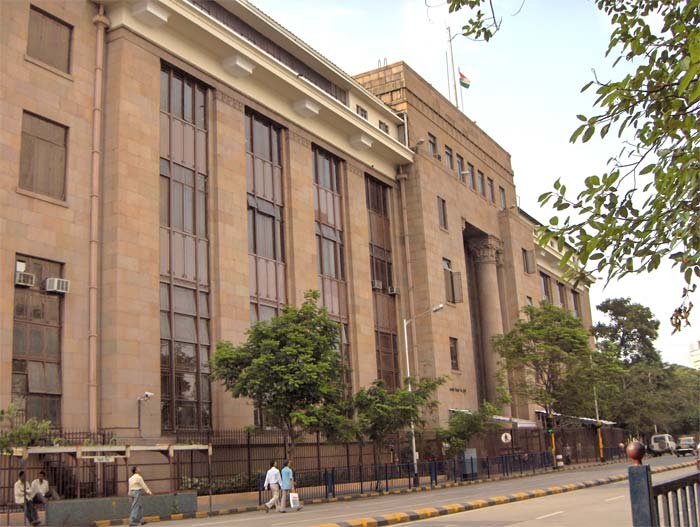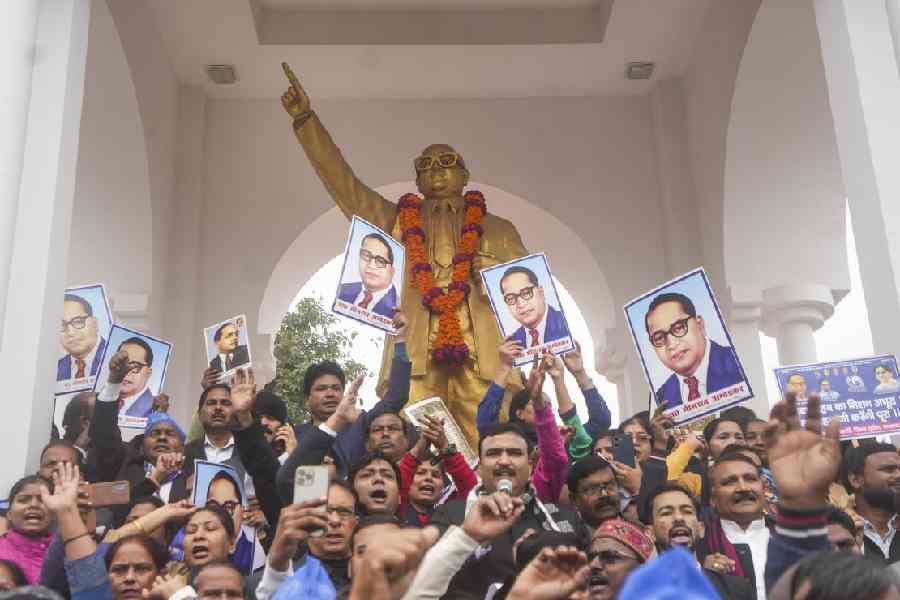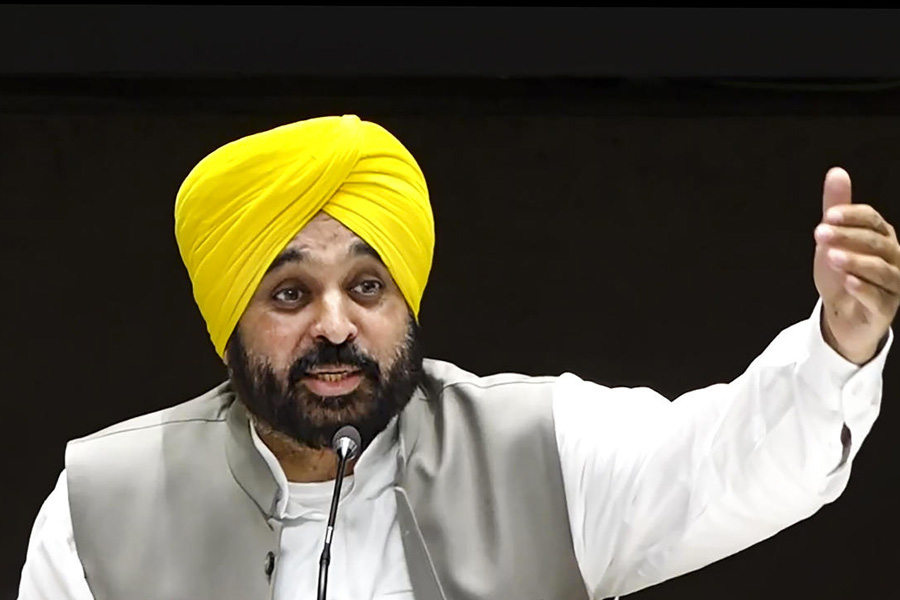The RBI has decided to launch its own version of US Federal Reserve’s Operation Twist: sell short-term bonds and use the proceeds to buy long-term bonds in order to wring runaway long-term bond yields.
The central bank has decided to conduct simultaneous purchase and sale of government securities under Open Market Operations (OMO) for Rs 10,000 crore each on December 23, 2019. According to an RBI release on Thursday, the decision has been taken after a review of the current liquidity and market situation and an assessment of the evolving financial conditions.
The government will purchase 6.45 per cent government bonds maturing in 2029 and simultaneously sell the same amount of short-term bonds maturing in 2020 on December 23, 2019.
The RBI said that it reserves the right to decide the quantum of the OMOs and may accept or reject any or all bids either wholly or partially without assigning reasons.
RBI’s OMO mechanism allows the central bank to manage liquidity conditions by sale or purchase of government bonds via open auctions.
Long-term government bond yields remained sticky despite surplus system liquidity and back-to-back policy rate cuts of 135 basis points between February-October . Concerns on higher borrowings by the government on risks of likely fiscal slippage have weighed on yields.
The yields on the 10-year benchmark government bond have risen around 40 basis points since December 5, when the Monetary Policy Committee took an unexpected pause on rate cuts .
Parallels are being drawn with the Fed's Operation Twist (Op-Twist, a $400billion programme) that was announced in September 2011 and ran through end-2012, according to DBS.
“We reckon that this ‘Op-Twist’ move is part of broader measures by the RBI to expedite policy transmission, when seen in the broader context of prodding banks to peg part of the loan book to external benchmarks, have an accommodative policy bias and keeping liquidity ample,” said DBS.











